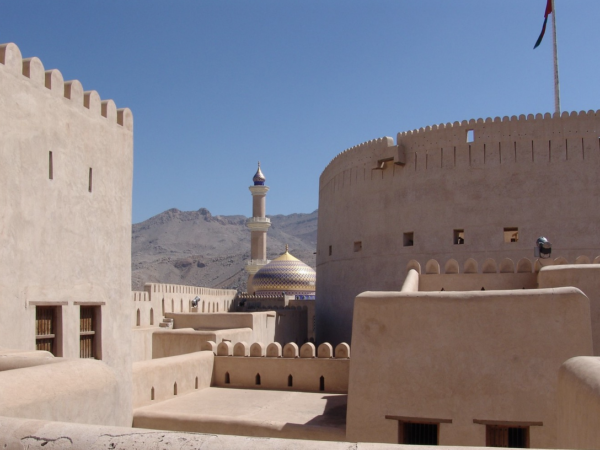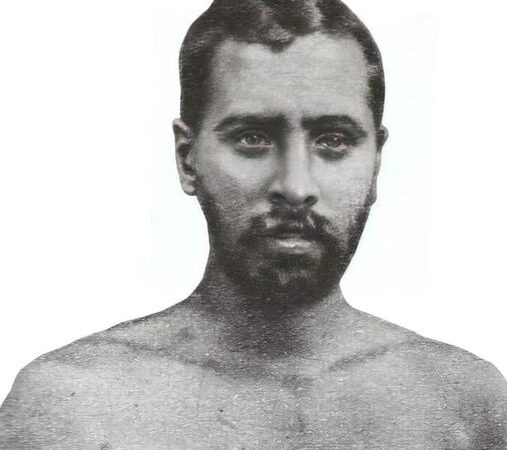
If we understand political theology as the mobilization of theological ethos to manage political existence in the world, or theodicial redemption of being-in-the world of oppression and domination, the theology operational here could thus be tentatively called an anti-political theology. Anti-politics in the sense of the rejection of politics in favor of the immediacy of the oppositional freedom, and in its indifference in articulating sovereign futurities, which promise liberation in another worldly political order. In its fatal determination to rebel, it speaks only (or is only able to) of the irredeemability of this world.
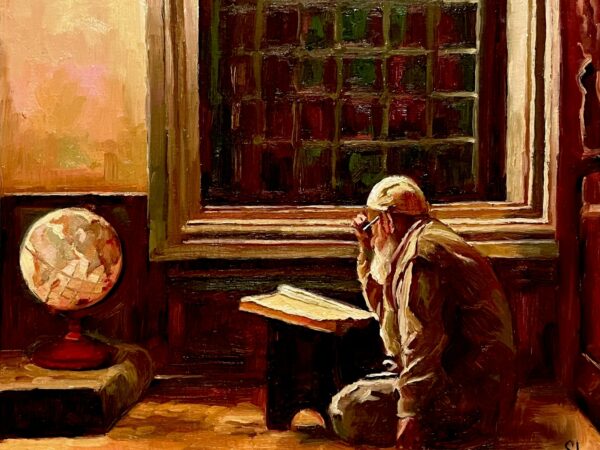
The idea of the modern secular presupposes the existence of a holistic premodern world in which the amorphous phenomenon of religion penetrated all realms of life. But the existence of an Islamic distinction between the religious and non-religious domains suggests otherwise: not a latent secularity, but rather a difference of an altogether different kind. But if it is not equivalent to the “secular,” then what is it?
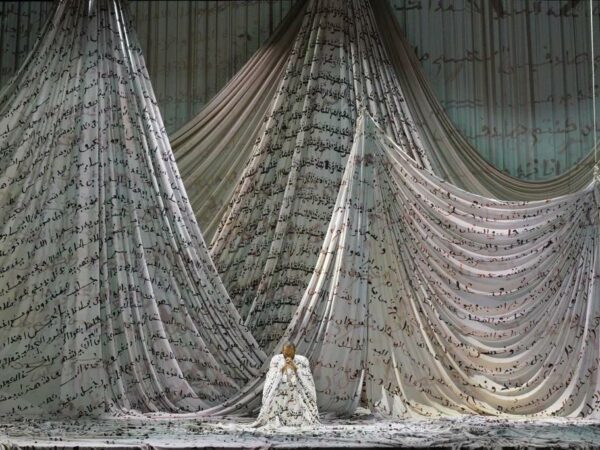
Images of imprisonment appear throughout the Psalter, where the psalmist turns to God as refuge in order to exit the pit of despair. Similar to the life of Omar Ibn Said, and the opera which tells his story, images of shelter and succor help the psalmist escape the abyss of embattlement, imprisonment, or depression, and nurture the attitudes of care, trust, and hope that crest in Psalm 146 and the Hallelujah psalms.

Against that paradigm of crisis–critique–historical consciousness, in which phenomena need to be given a proper categorical frame of reference to achieve the fullness of their historical meaning, this essay turns to the theological figure of “tribulation” in order to animate another tradition of thinking the difficulty of the present.
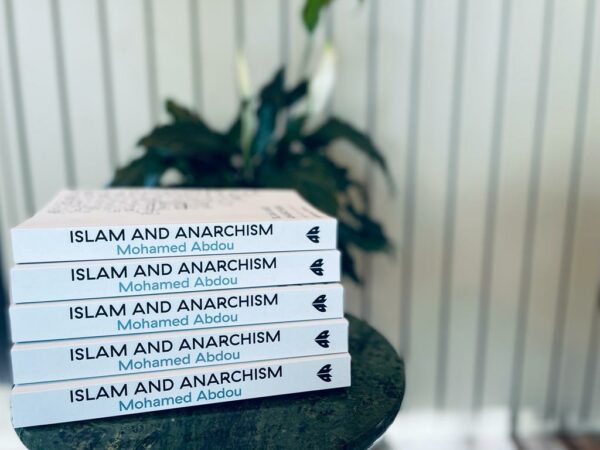
Discourses around Muslims and Islām often lapse into a false dichotomy of Orientalist/Fundamentalist tropes. A popular reimagining of Islām is desperately needed and anarchist political philosophical traditions offer the most towards this pursuit. By constructing a decolonial and abolitionist, non-authoritarian and non-capitalist Islāmic anarchism, Islam and Anarchism philosophically and theologically challenges authoritarian and capitalist inequalities in the entwined imperial context of so-called post-colonial societies like Egypt, and settler-colonial societies (the U.S./Canada) that never underwent decolonization and are symbolically, historically, and materially interrelated.
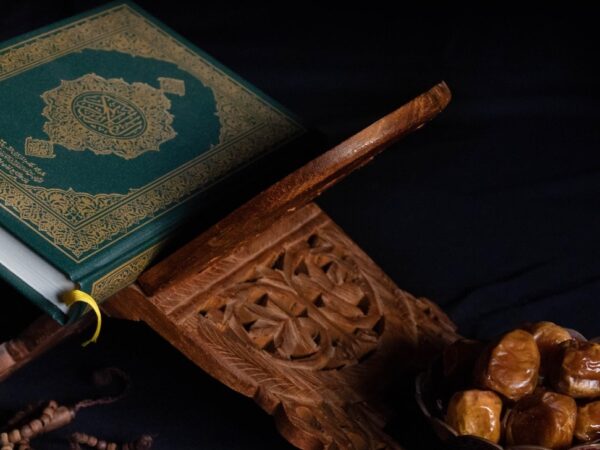
For Muslims to become worthy of any empathy and solidarity, whether in the west or in staunchly anti-Muslim India, what must first be shed is our very religiosity. Islam is to be tolerated only when reduced to culture in which the dominant-caste or white friend can joyously celebrate Muslim festivities, visit Muslim friends and restaurants for biryani in Toronto or Delhi, or post Sufi songs on their social media. Those are the parameters set around reception of a Muslim sans Islam.

Muslim French are heirs to a rupture that has become a continuity. While the Islamic revival in France is often framed as a movement of “modern” young people distancing themselves from their parents’ and grandparents’ “traditional” forms of Islam, many young Muslims describe their religiosity in terms of the inheritances of immigration.
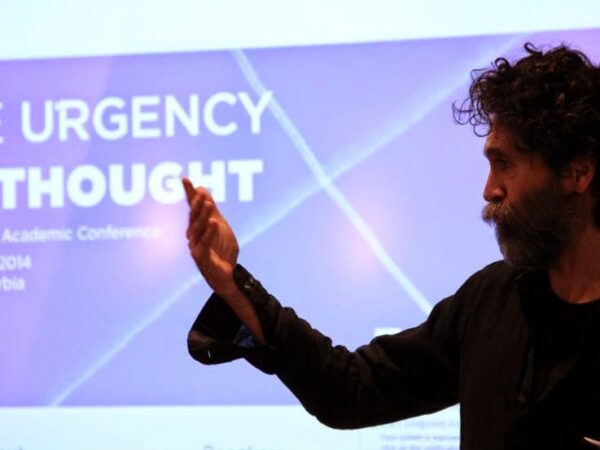
While Carl Schmitt claims that the enemy constitutes “the political,” his various writings largely ignore the historical and discursive evolution of the enemy. Anidjar’s major contribution to modern political theology lies in responding to this lacuna.

The school of Talal Asad has identified virtue ethics as the primary model constituting the continuity of premodern Muslim thought with movements of the modern period. But is this model really the most characteristic common denominator of premodern Islamic thought?
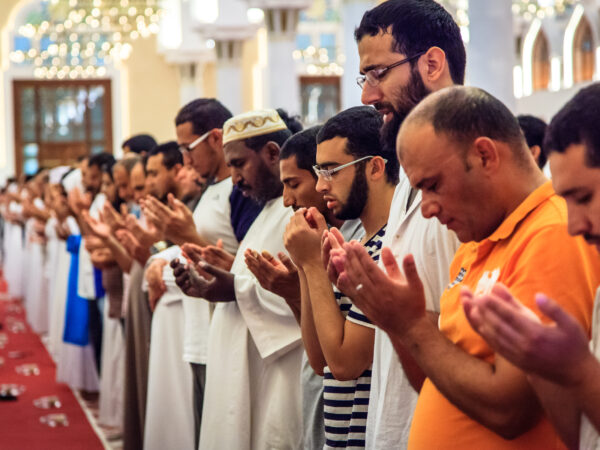
In the introduction to the symposium “The Roots and Ruptures of Contemporary Islamic Piety,” Aaron Rock-Singer elucidates the questions within contemporary Islamic studies that stand between the completeness of historical narratives and the ruptures of Muslim intellectual, social, and cultural life.
